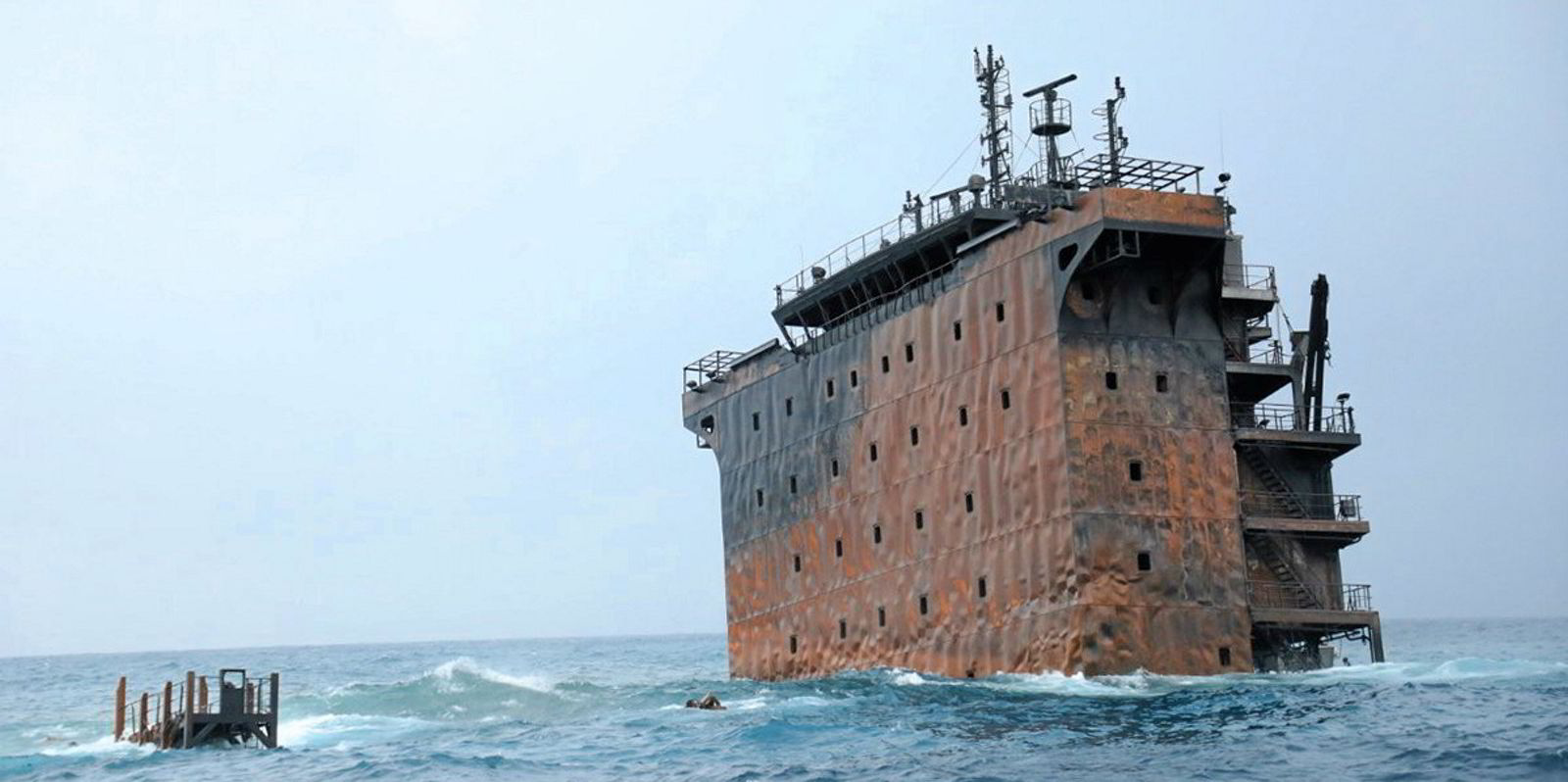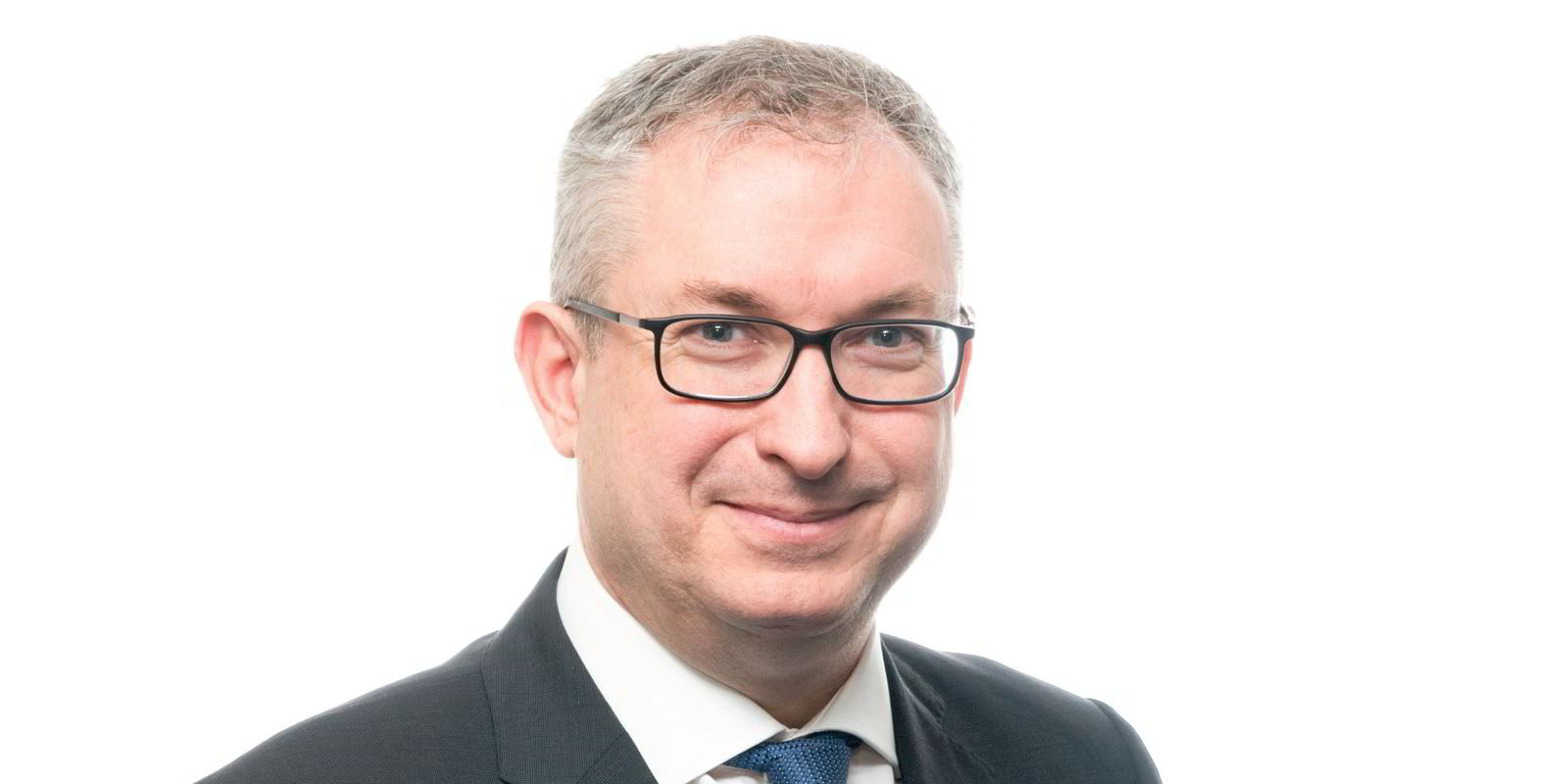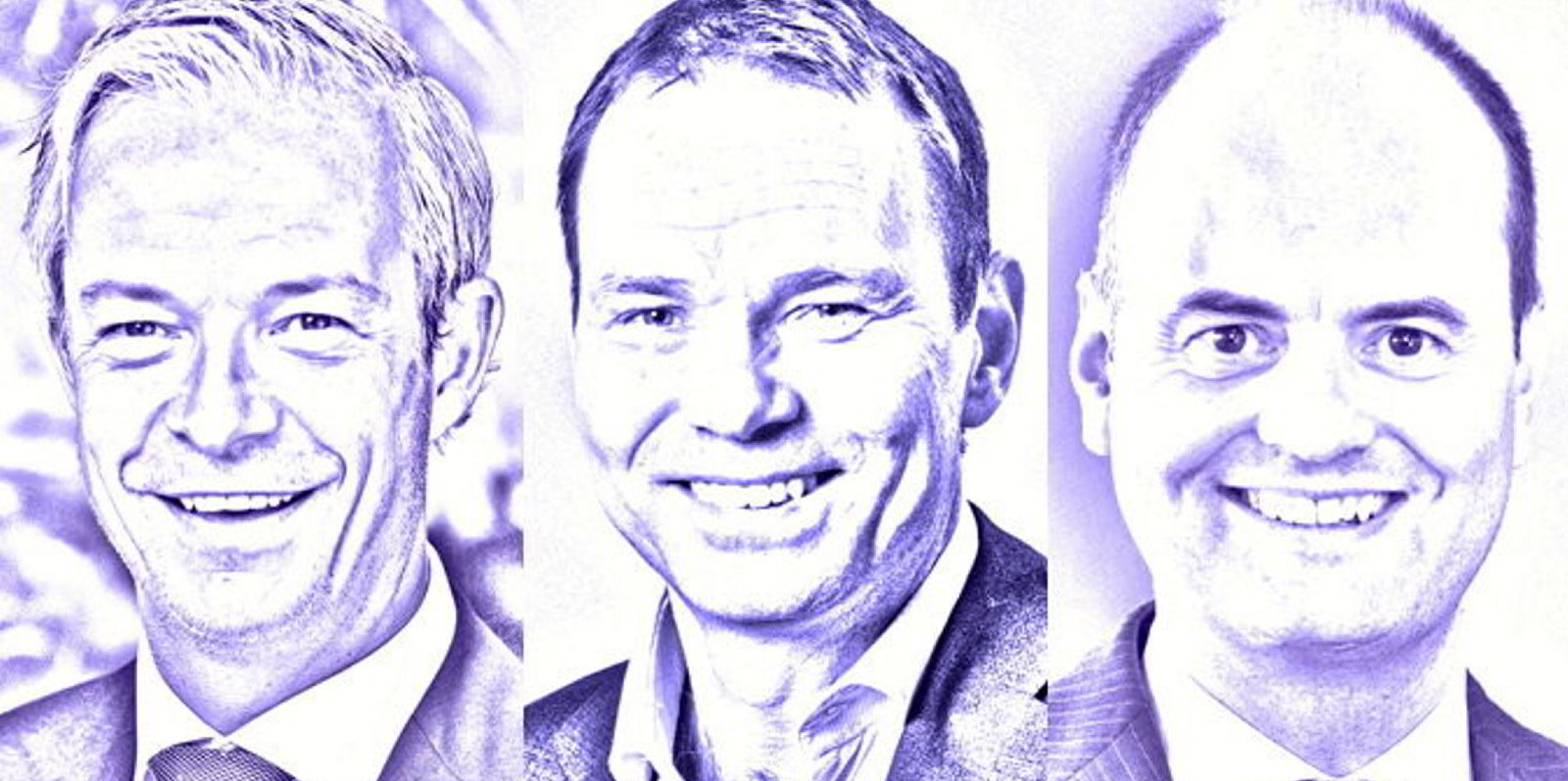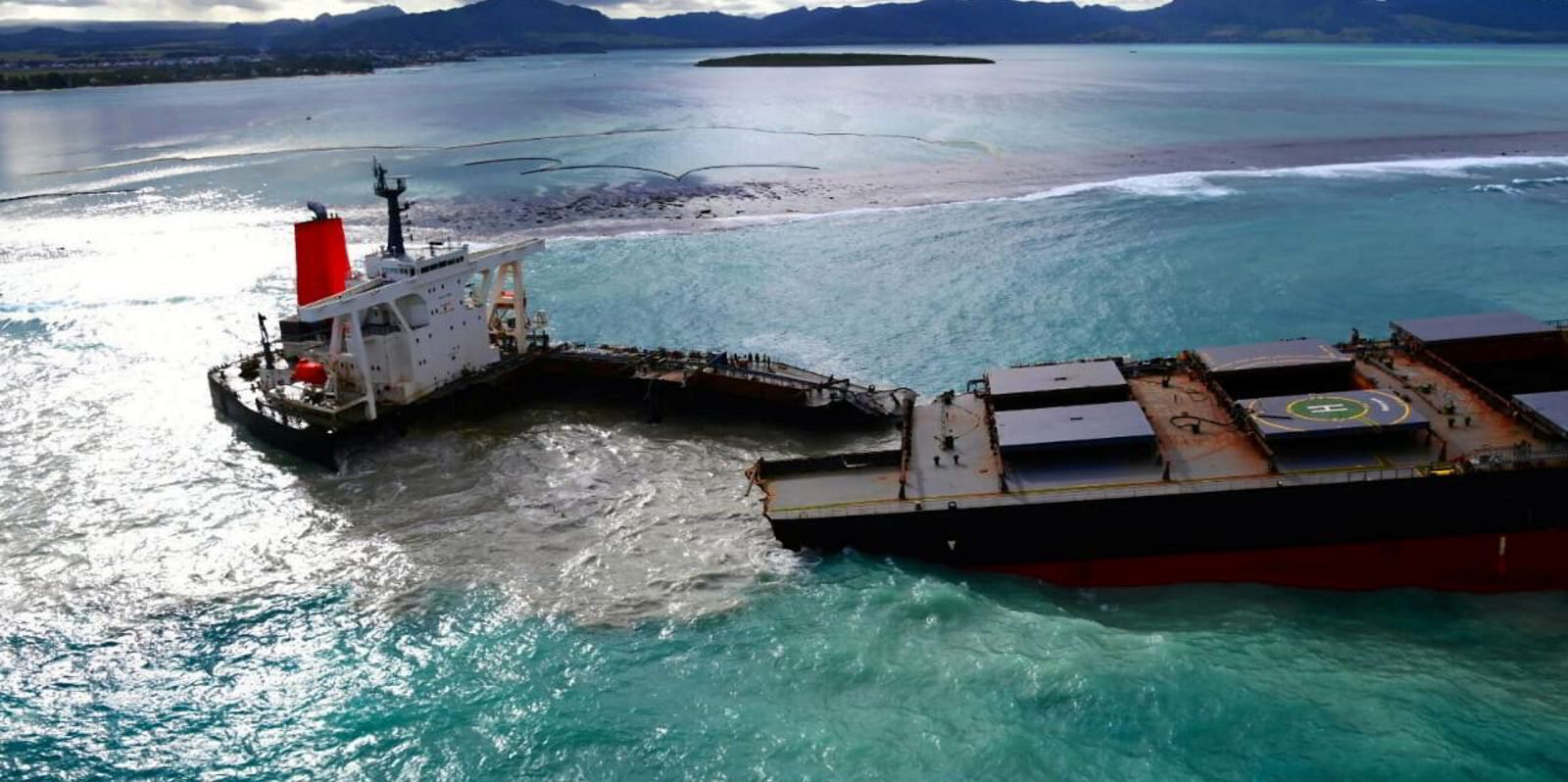London P&I Club chief executive Ian Gooch is confident that the unpopular decisions made by the insurer in recent years are about to pay off.
The Covid pandemic and some significant high-cost claims left the 157-year-old club with underwriting losses in 2021 and 2022 that eventually forced club managers Bilbrough & Co and the shipowner board to take drastic action.
A supplementary call on members — usually considered a measure of last resort — was applied, rates were increased at renewal and the club’s book of business derisked.
The immediate result was the club lost some of its high-profile and long-standing members.
“There has been a deliberate strategy supported by the board in taking a firm line on rating levels, underwriting terms and deductibles with a view to bringing underwriting to more sustainable levels,” Gooch said.
“As part of that, we have had to say goodbye to some members with whom we could not settle terms and continue their membership.”
The club has some notable strengths despite its recent financial wobble.
The club is well-regarded for its claims service, demonstrated by its handling of the disastrous casualty of the 2,756-teu X-Press Pearl (built 2021) off Sri Lanka in 2021.
The incident threatened to cause an environmental disaster from plastic pellet pollution, with more than 30 km of coastline heavily affected. The work to save the environment is ongoing two years on and only low levels of nurdle contamination remain.
Another feature of the club is the loyalty of some shipping’s big-name owners including Eastern Pacific Shipping, Dorian LPG, AET Tankers and Tsakos Shipping.
The majority of the membership is spread mostly in southern Europe and Asia.
Most of them have stuck by the club despite its troubles and the painful supplementary call.
Gooch said the club’s board did not take the decision lightly and took time to explain the reasoning behind it to members.
Member support
“Overwhelmingly we have been supported by the membership who want to see the club performing in a stronger fashion,” he said.
- Founded: 1866
- Total tonnage: 64m gt
- Gross earned premium: $136.5m
- Free reserves: $113.5m
With the combined ratio less than 100% for the first six months of the year, the club is hopeful it will break even for the full year.
Gooch certainly believes that the worst is over for the club.
He said that the key to this year’s renewal is keeping underwriting at sustainable levels so the club can cope if claims take off again.
“Every renewal requires a level of housekeeping and updating. There might be inflationary factors and claims trends that require us to look at things again.
“But my sense is that the heavy lifting has taken place and we have made really good progress, the combined effect of the work we have done over the last two renewals is that we are much more what I would call housekeeping territory.”

So what now for the club? It is no coincidence that the three smallest clubs in the International Group of P&I Clubs — the American Club, Japan Club and London Club — were all forced into making supplementary calls, which suggests that increasing size could be the key to overcoming volatility in the P&I market.
The recent merger of NorthStandard raised the question of whether the smaller clubs need to follow.
While a future merger is not being ruled out, it is not on the cards for now, Gooch said. He added that the board believes there is a demand for the London Club’s unique services, which will mean it can continue to stand alone.
“NorthStandard is something we noticed with particular interest and maybe added our level of attention we gave to horizon scanning, but the board are very committed to the London Club and can see the progress we have made,” he said.
He believes there will always be a place for smaller clubs that can offer a more tailored solution.
“The shipping community is vast and there are different types of owners and appetite and insurance and style of P&I service.
“Some owners are happy to have a club with a very different approach covering them. We feel comfortable that our product remains relevant to a sufficiently strong contingency of shipowners to make the London Club sufficiently attractive.”





